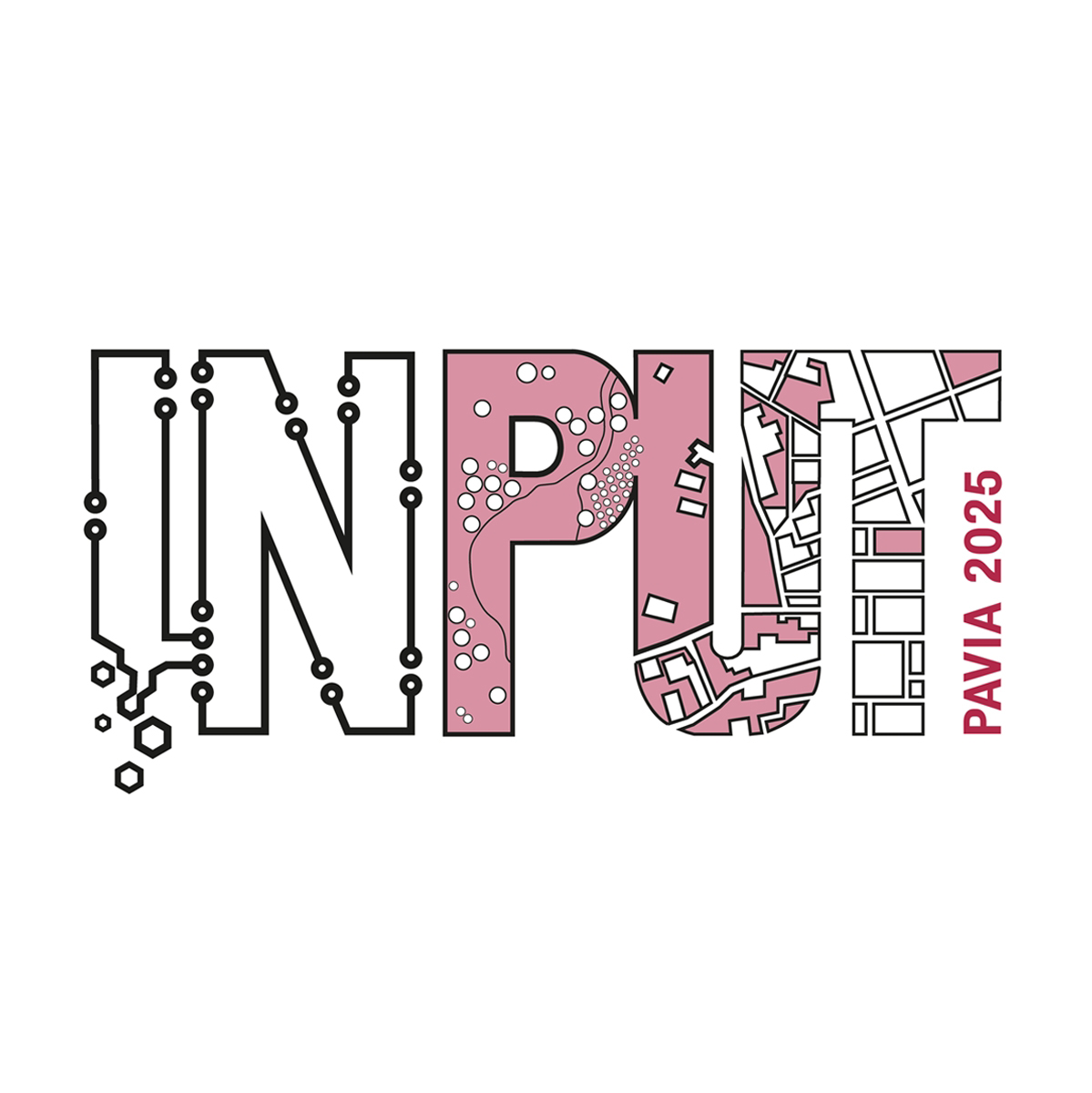Transforming Urban Landscapes Using Geospatial Technologies: Smart, Safe, and Sustainable Cities
Thatiparthi Vijaya Lakshmi
As cities worldwide undergo rapid transformation, geospatial technologies (GST) have become the foundation for intelligent urban development. This dynamic Session will delve into the potential of geospatial innovations in reshaping urban landscapes to meet the evolving demands of the 21st century. As urban populations are projected to reach 68% globally by 2050, geospatial technologies represent a critical pathway to creating intelligent, responsive, and sustainable urban ecosystems that can dynamically address complex urban challenges. Geospatial technologies provide a powerful, data-driven framework for addressing these challenges through enhanced urban planning, efficient resource management, and climate adaptation strategies. Key Session tracks include:
Technological Innovations:
- Exploring the role of GST, Artificial Intelligence, and Machine Learning in urban transformation.
Resilient Urban Development:
- Climate adaptation, disaster preparedness, and sustainable infrastructure, Green Cities and Buildings.
Smart City Solutions:
- Integrated approaches to address mobility, resource efficiency, and livability.
Data-Driven Decision Making:
- Leveraging predictive analytics and real-time data for urban governance.
Participants will gain insights into:
- The trans-formative capabilities of geospatial technologies in urban planning;
- Innovative methodologies for sustainable and inclusive city development;
- Practical strategies for implementing smart city initiatives;
- Real-world case studies showcasing successful geospatial applications;
Target audience refers to: urban planners and policymakers, geospatial and GIS professionals; municipal and regional government officials, environmental experts, technology innovators and solution providers, academics and researchers in urban development.
Keywords: geospatial technologies for green city rating, green buildings, net-zero buildings, urban vision, deep learning for urban infrastructure health monitoring, smart IoT, urban floods
